The Journey to Becoming a Master Perfumer
For millennia, humans have been captivated by fragrance, dating back to ancient times when perfumes were crafted for various purposes, from seduction to spiritual protection. A pivotal figure in the history of fragrance is Tapputi, a female chemist from Babylonian Mesopotamia who is recognized for her pioneering distillation techniques over 3,000 years ago, creating perfumes using myrrh and balsam. Today, there are believed to be fewer than 500 professional perfumers, often referred to as “noses,” who undergo extensive training to master their craft. This journey typically begins with an inherent fascination for scents.
Sophie Labbé, a notable nose behind fragrances like Versace Dylan Turquoise, recalls her passion igniting at a young age while exploring the scents of the Paris Metro. Similarly, Roja Dove of Roja Parfums reflects on his childhood experiences, where he was inspired by his elegantly dressed mother and her collection of fragrances.
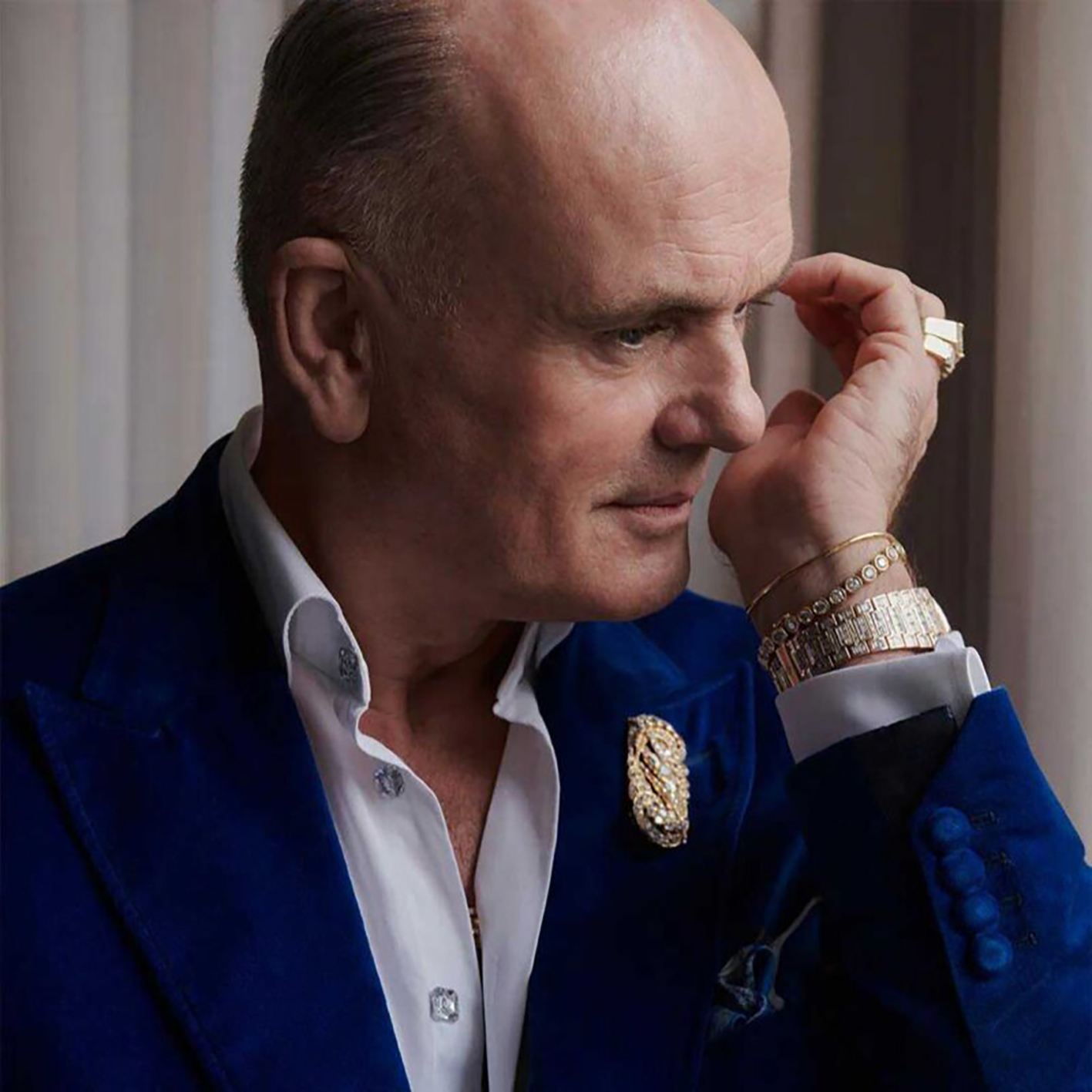
Carlos Benaïm, a key figure at Sana Jardin and creator of Ralph Lauren Polo, developed his appreciation for natural ingredients while assisting his botanist father during summer outings, experiencing firsthand the joys of plant life. Likewise, Jérôme Epinette, associated with Bibbi Parfum, spent his formative years in a perfume boutique run by his mother, becoming engrossed in her stories about fragrance creation.
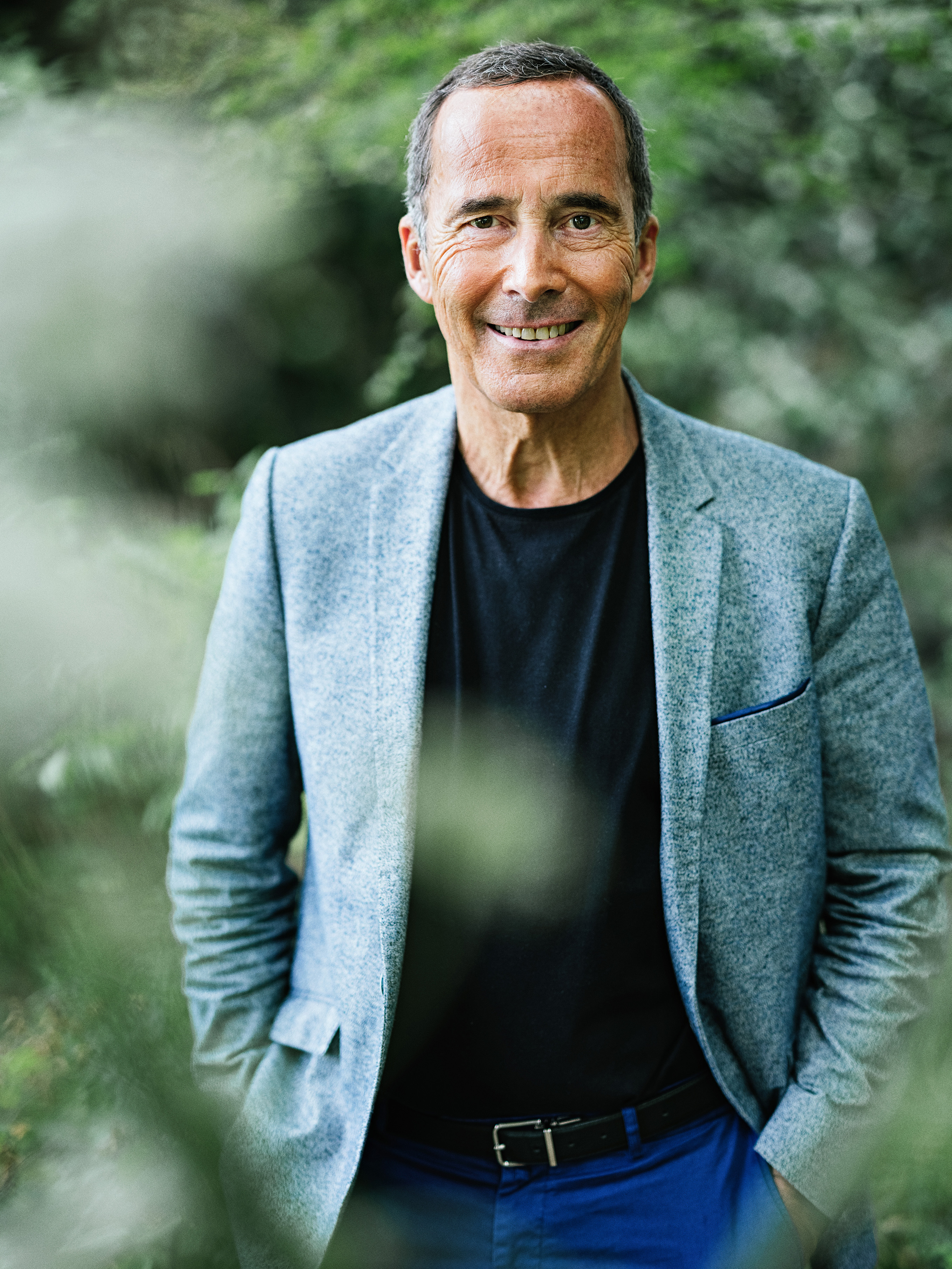
Olivier Cresp, famous for creations like Dolce & Gabbana’s Light Blue, grew up in the renowned perfume capital of Grasse, surrounded by fragrant herbs and flowers, which heavily influenced his career path. Cresp emphasizes that becoming a nose requires dedication and a decade of rigorous training, asserting that creativity and curiosity, rather than genetics, are essential for crafting exceptional scents.
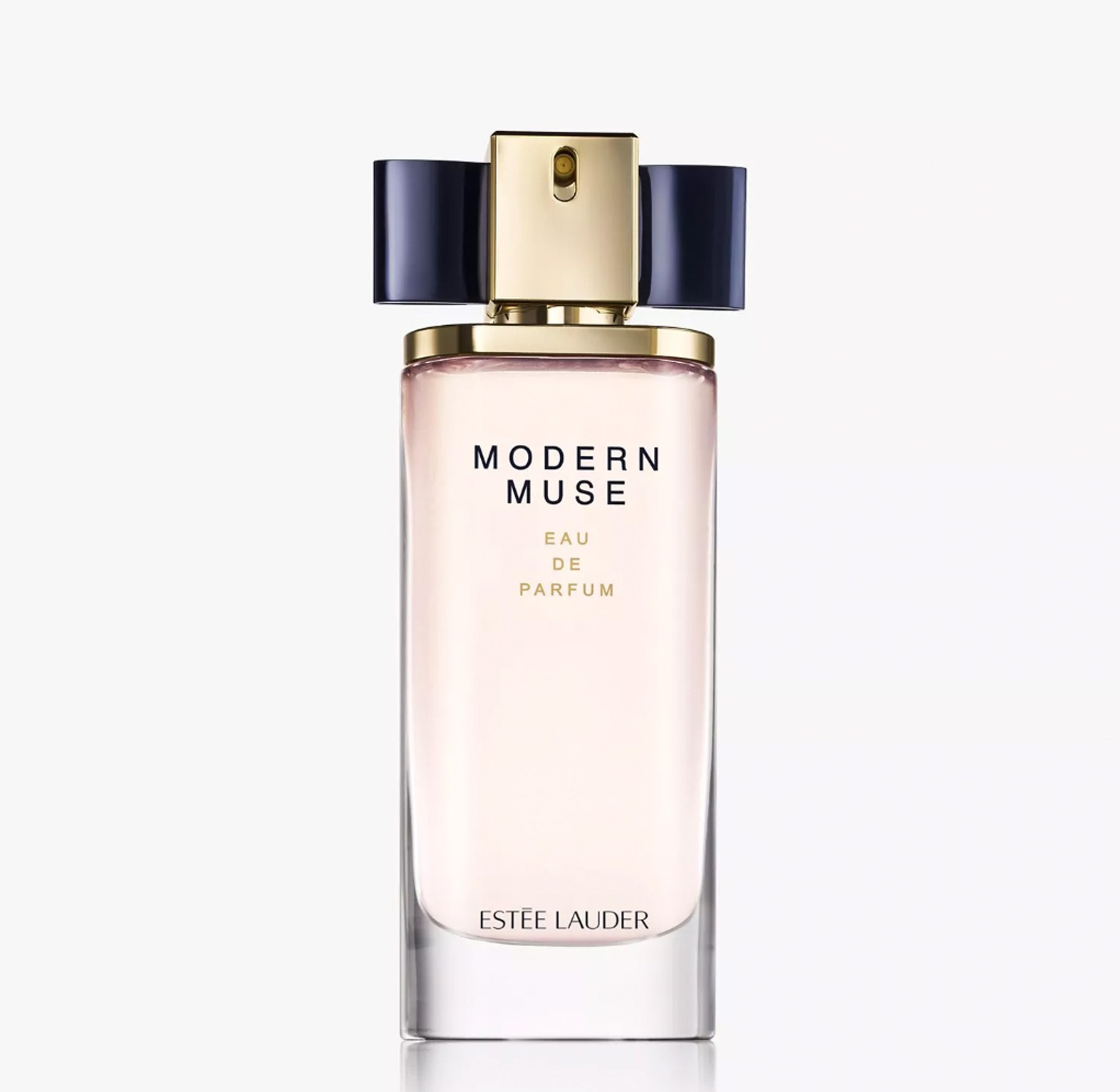
Ambitious perfumers are encouraged to start with a degree in chemistry, which provides a grounding in molecular composition and reactions. This foundational knowledge paves the way for specialized postgraduate studies at prestigious institutions such as the Grasse Institute of Perfumery or ISIPCA in Versailles. Aspiring noses must pass a series of evaluations, including logical reasoning, olfactory skills, and creativity assessments, followed by interviews with established perfumers.
These educational programs typically span one to three years, immersing students in the nuances of various raw materials before they delve into the art of blending. Epinette recalls the initial phase of his training focused solely on the scents of raw ingredients.
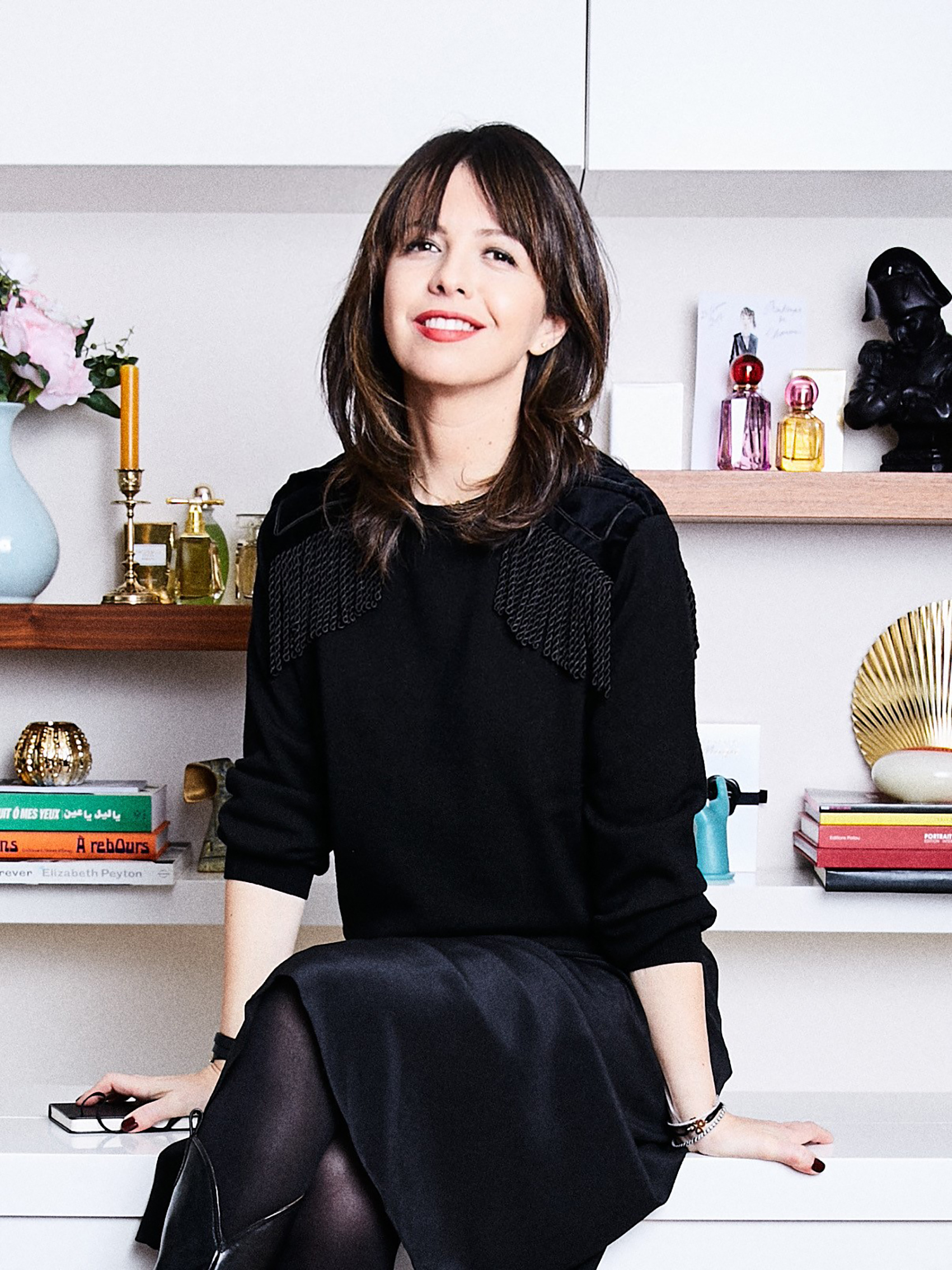
Dora Baghriche, known for Glossier You, vividly remembers the intense pace of her education, linking aromas to memories and emotions as she learned multiple new fragrances each week, culminating in a rigorous internship at a leading fragrance house. Graduates often begin their careers as junior perfumers or lab technicians, striving to ascend to the coveted title of master perfumer.
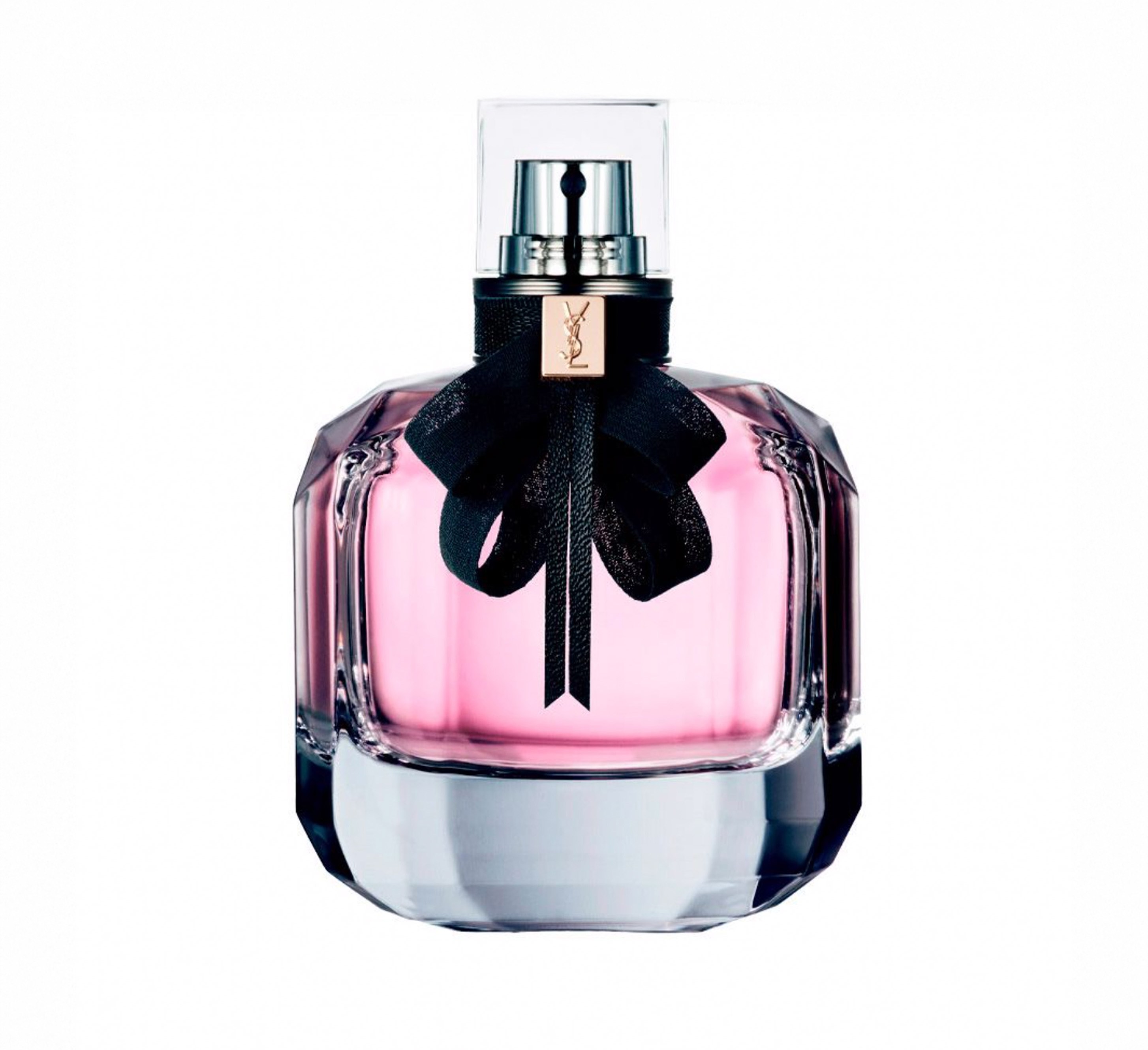
The path to becoming a nose has evolved significantly over the years. Many current top perfumers, such as Olivier Polge, have benefited from familial legacies in the industry. Polge learned the essentials from his father Jacques, long-time in-house perfumer for Chanel. His experience showcases the informal yet effective mentorship that characterized earlier training methods.
While some entered the field through traditional family ties, others, like Dove, had to forge their paths independently. After securing a position at Guerlain without formal training, Dove played a crucial role in developing a training program for aspiring perfumers and ultimately deepened his knowledge of fragrance ingredients through hands-on learning.
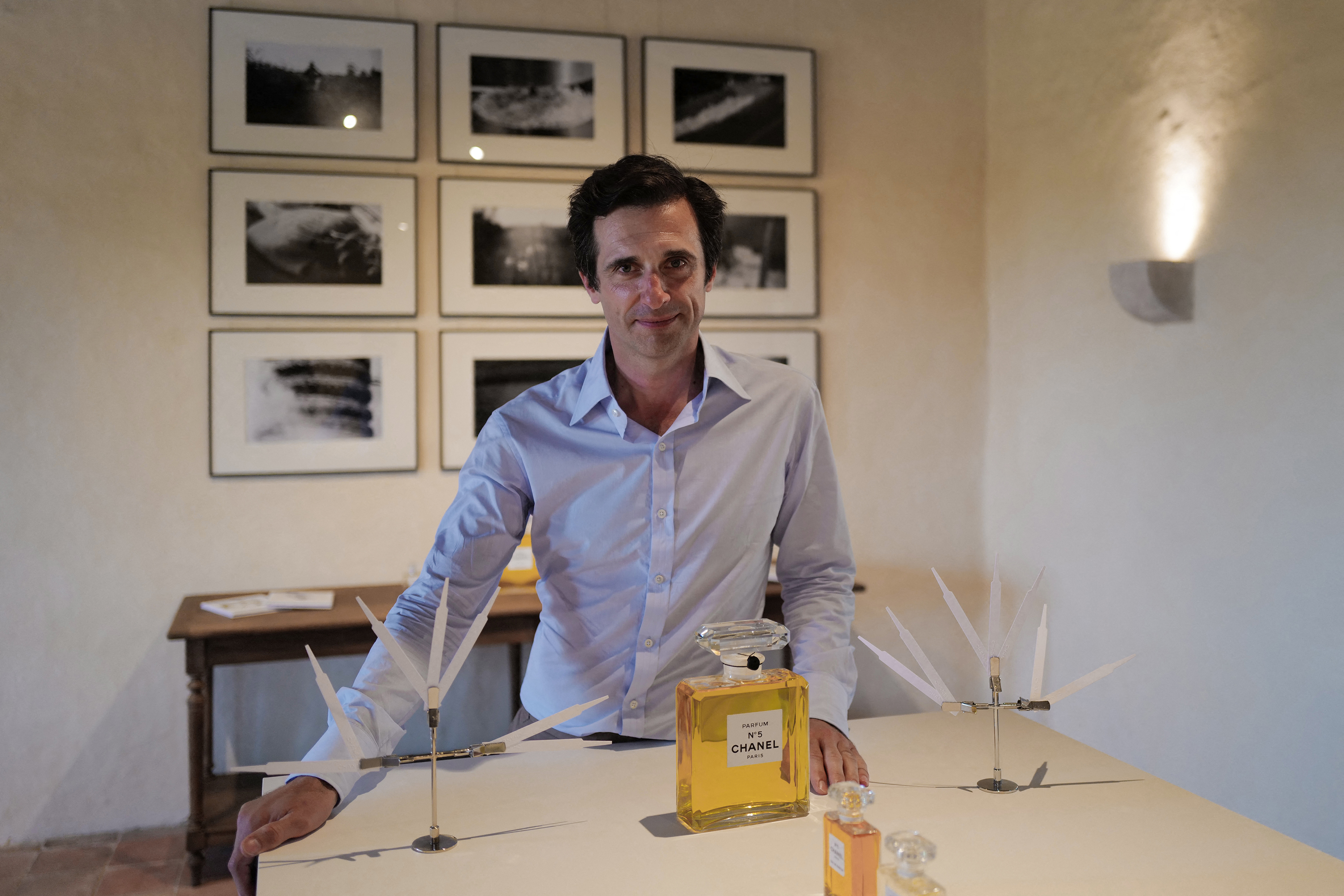
Mentorship remains integral to the perfume industry today, fostering a supportive atmosphere where many experienced noses invest time in nurturing newcomers. Esteemed fragrance houses now create opportunities for students to engage closely with noted perfumers, aligning with traditional training methods.
What qualities define a successful nose? Listening is paramount, as Labbé advises, emphasizing the need to interpret a brand’s vision into a tangible fragrance. Inspiration can stem from myriad sources: art, travel, or even nature. For Epinette, engagement with a brand brings forth ideas that he develops into olfactory concepts to be realized in the lab.
Ultimately, the passion for their craft shines through for these perfumers. Labbé encapsulates the joy of the profession, stating that for her, life truly began upon becoming a nose, underscoring the profound connection they hold with their work.

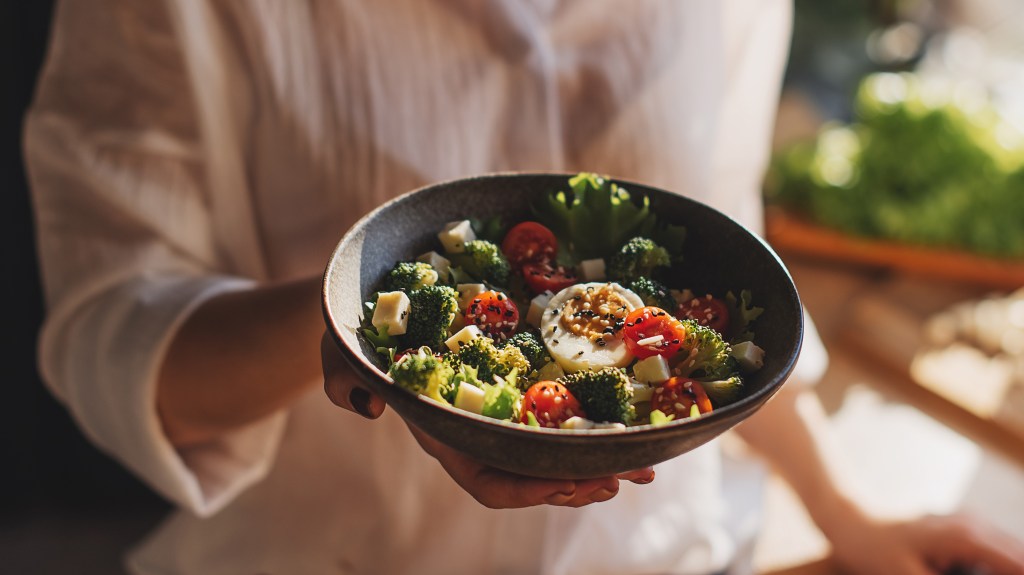
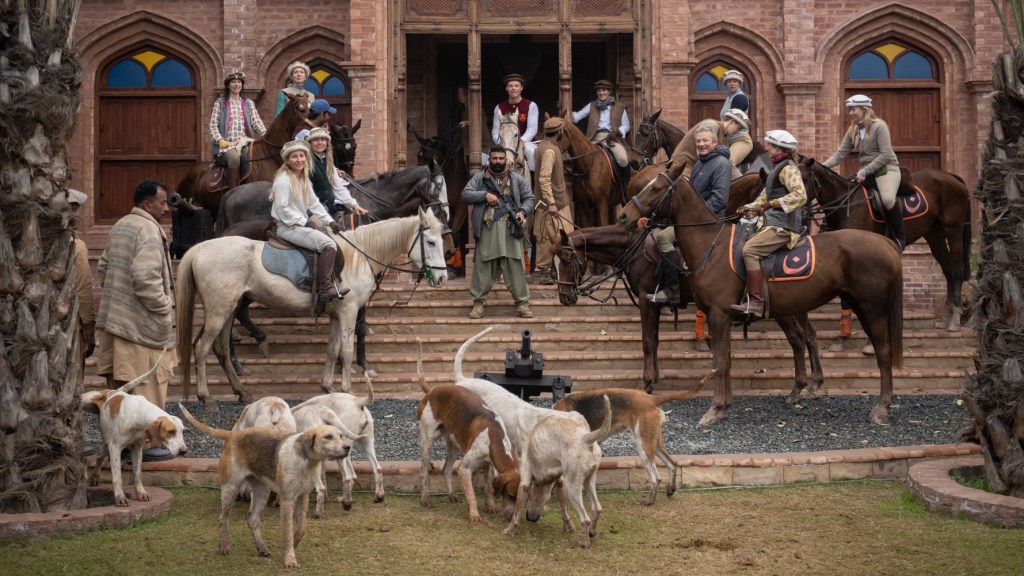
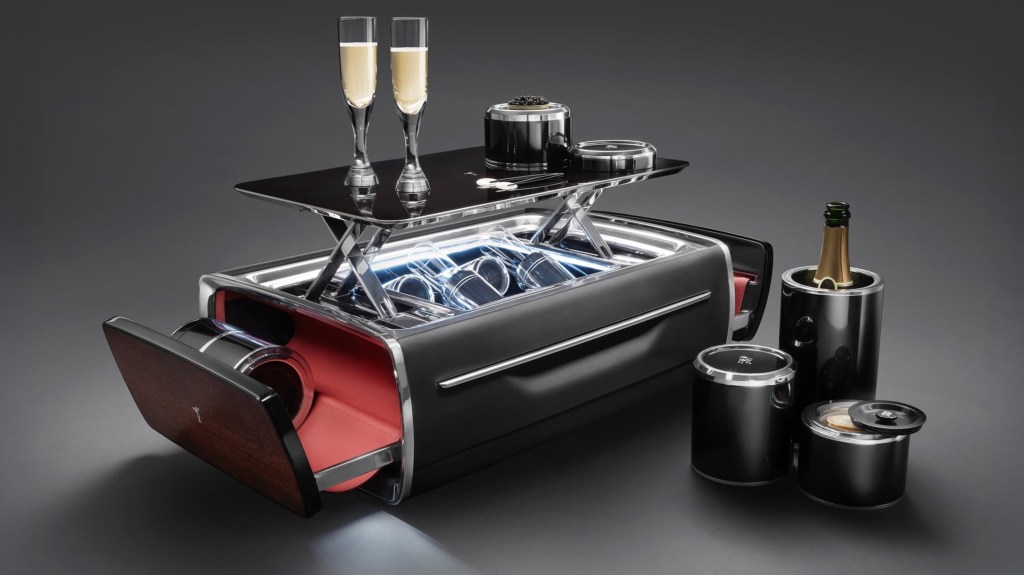
Post Comment